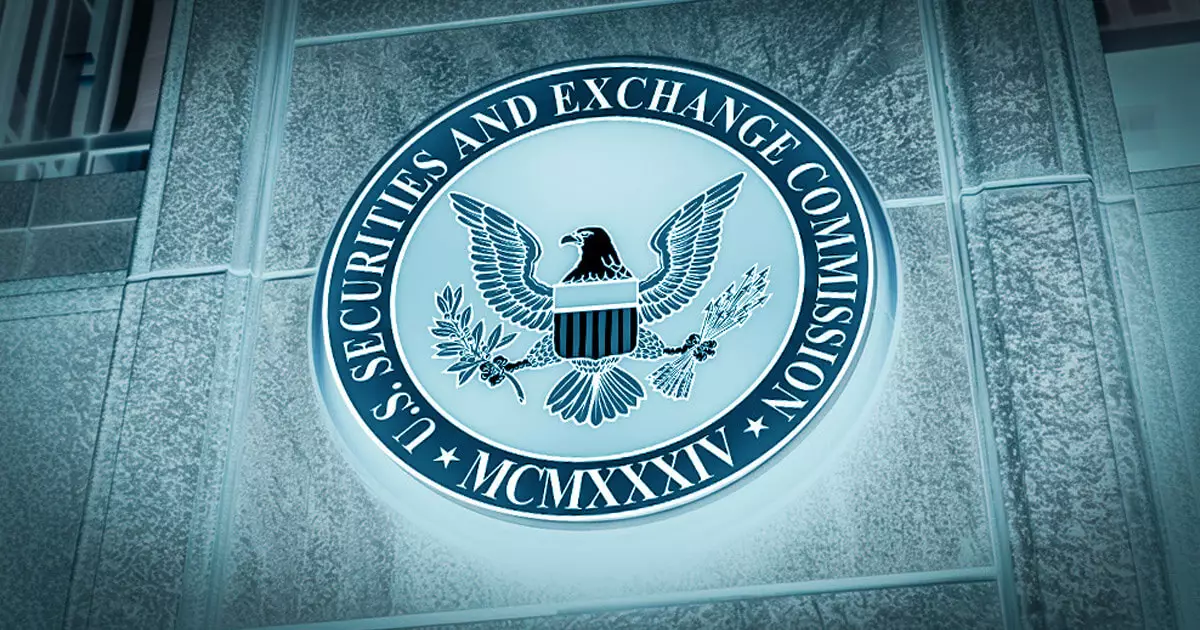The landscape of cryptocurrency regulation is rapidly evolving, with the United States Securities and Exchange Commission (SEC) at the forefront of this scrutiny. On September 27, the SEC reached a settlement with Mango Markets’ decentralized autonomous organization (DAO) and the Blockworks Foundation, following serious allegations regarding the sale of unregistered securities. This case serves as a critical examination of the regulatory frameworks enveloping decentralized platforms, particularly in the wake of significant incidents that have captured the public’s attention.
The backdrop of this situation stems from a severe exploit in 2022 that cost Mango Markets approximately $100 million, thrusting the platform into the spotlight of regulatory review. The SEC’s complaint alleged that between a specific span of time, both Mango DAO and the Blockworks Foundation raised over $70 million through selling MNGO governance tokens. The commission argued that these activities were in violation of the Securities Act of 1933 because they included US residents among their investors, thus triggering the requirement for registration. The emphasis on these regulatory violations illuminates the ongoing tension between innovation in decentralized finance (DeFi) and the adherence to established financial laws.
As part of the settlement agreement, which is currently pending court approval, Mango DAO and the Blockworks Foundation will collectively pay $700,000 in civil penalties, abolish their MNGO tokens, and solicit cryptocurrency exchanges to delist these assets. Notably, the organizations are not required to admit to any wrongdoing. This aspect of the settlement underscores a key feature of regulatory negotiations, where outcomes can be achieved without explicit acknowledgment of guilt, offering a degree of protection to involved entities while still addressing regulatory concerns.
A significant takeaway from this case revolves around the SEC’s assertion that the term ‘DAO’ does not exempt any entity from its obligations under securities laws. The regulatory body has made clear its position that the deployment of automated systems or open-source technologies does not alleviate the responsibilities of those managing such projects. This stance serves as a stark warning to both existing and aspiring DAOs—operating under a decentralized framework does not absolve them from compliance with traditional financial laws.
The ongoing regulatory push surrounding cryptocurrency and decentralized platforms reflects a broader challenge: how to reconcile innovation with compliance. Mango Markets’ case exemplifies the SEC’s intensified enforcement efforts, aiming to ensure that emerging business models align with established securities regulations. As the crypto industry transforms and matures, it is imperative for stakeholders to stay informed about these evolving legal landscapes, particularly as more DAOs and DeFi projects enter the market.
This regulatory scrutiny is unlikely to ease as authorities strive to protect investors while also fostering innovation. The Mango Markets case illustrates the delicate balance that must be maintained; one where developers and regulators must engage in dialogue to better understand evolving technologies, ensuring that regulatory frameworks support the growth of this promising sector while safeguarding participants.



















Leave a Reply